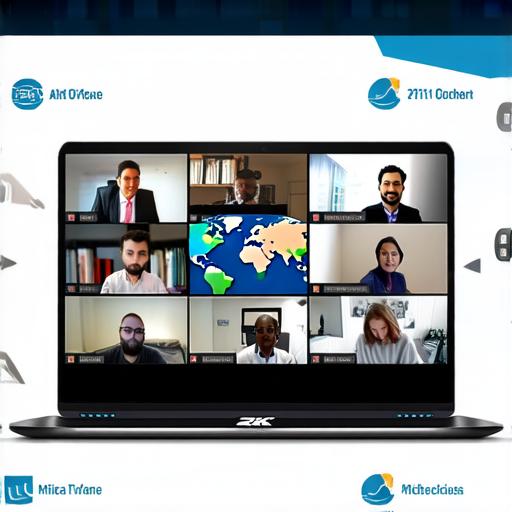As businesses continue to grow and expand their reach globally, many entrepreneurs are turning to outsourcing as a way to streamline operations, reduce costs, and increase efficiency.
One popular option for delegating work overseas is to hire freelancers or contract workers from countries where labor costs are lower. However, this approach comes with its own set of pros and cons that businesses need to consider before making the leap.
Pros of Delegating Work Overseas
One of the main benefits of outsourcing work overseas is the potential for significant cost savings. By hiring workers from countries where labor costs are lower, businesses can reduce their expenses on salaries, benefits, and other related overhead costs. This can result in a significant ROI (return on investment) for the business.
2.
Another advantage of outsourcing work overseas is the ability to access a larger pool of talent. By hiring workers from different countries and time zones, businesses can tap into a global network of skilled professionals who may not be available locally. This can result in a better quality of work and improved productivity.
3.
Outsourcing work overseas also allows businesses to take advantage of the fact that workers in different time zones are always available. This means that businesses can continue to operate around the clock, even if their local team is offline. This can result in increased efficiency and productivity.
Cons of Delegating Work Overseas
One of the main challenges of outsourcing work overseas is communication. When working with freelancers or contract workers from different countries, businesses need to ensure that there are clear lines of communication in place to avoid misunderstandings and delays. This can be particularly challenging when working across different time zones and language barriers.
2.
Another challenge of outsourcing work overseas is cultural differences. Businesses need to be aware of cultural norms, values, and customs in the countries where they are hiring workers. This can help them avoid misunderstandings and ensure that everyone is on the same page.
3.
When hiring workers from different countries, businesses need to be aware of the legal and regulatory issues that may arise. This includes labor laws, tax laws, and other related regulations that may differ from one country to another. Failure to comply with these laws can result in significant penalties and legal liabilities for the business.
Real-life Examples of Delegating Work Overseas

Example 1:
A small business that specializes in web design decided to outsource their work to a freelance designer from India. The business was able to save on labor costs by hiring the designer from India, and they were also able to access a larger pool of talent. However, there were communication challenges due to the time difference between the two countries, and the business had to be careful about cultural norms and customs in India to avoid misunderstandings.
Example 2:
A large corporation that operates globally decided to outsource their customer service operations to a call center in the Philippines. The business was able to save on labor costs by hiring workers from the Philippines, and they were also able to take advantage of the fact that the call center was always available due to the time difference between the two countries. However, there were legal and regulatory issues that the business had to navigate, including labor laws and tax laws in the Philippines.
FAQs
1. What are the best countries for outsourcing work overseas?
Some of the best countries for outsourcing work overseas include India, China, the Philippines, Vietnam, and Brazil. These countries have a large pool of skilled workers, are cost-effective, and have favorable time zones for businesses operating in different parts of the world.
